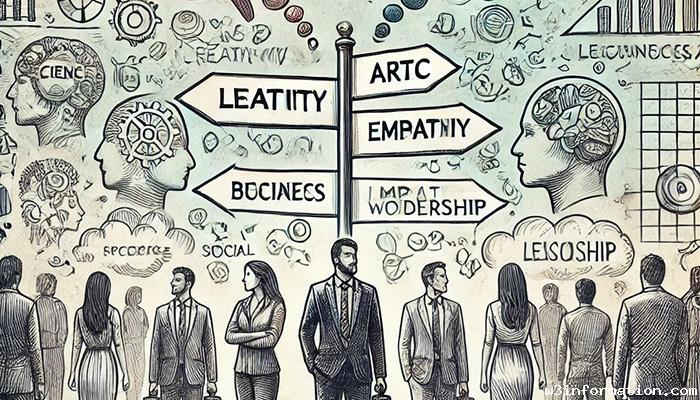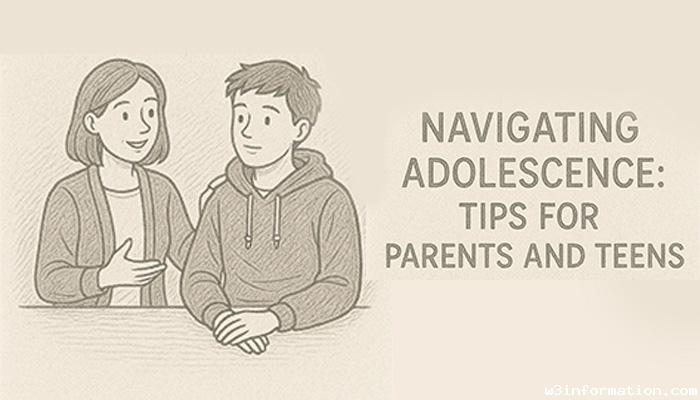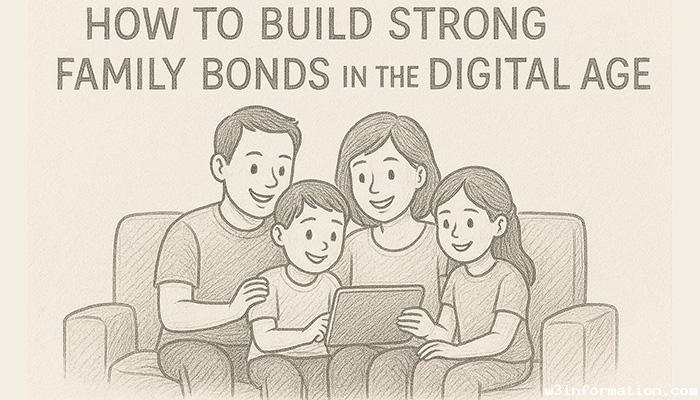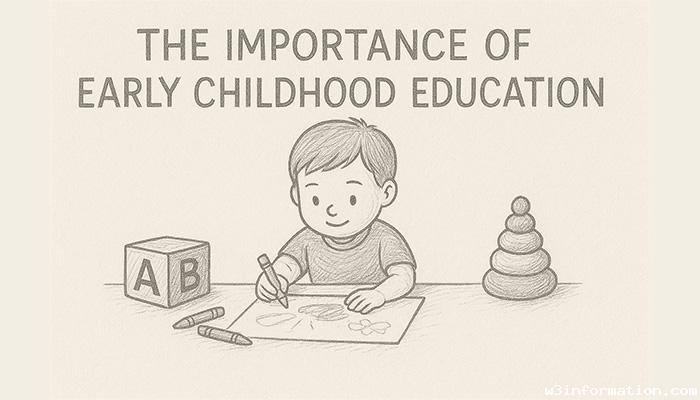How Personality Affects Career Choices
An individual’s work trajectory and job fulfillment are deeply influenced by their personality. A deep understanding of personality traits enables people to choose careers that match their abilities and goals through knowledge of how these traits affect preferences and work environments. The blog examines how various personality traits influence career decisions and demonstrates their effects on professional success.
Understanding Personality
1 What Is Personality?
Personality represents an individual's specific combination of traits, behaviors, and cognitive patterns. These traits determine the ways individuals engage with their surroundings and choose courses of action.

Popular Personality Theories
The Big Five Model: The Big Five Model examines five dimensions which include openness, conscientiousness, extraversion, agreeableness, and neuroticism.
Myers-Briggs Type Indicator (MBTI): The MBTI identifies 16 personality types through preferences between introversion and extraversion as well as thinking and feeling.
Holland’s Career Typology: Holland’s Career Typology connects personality characteristics with occupational preferences through six distinct categories: realistic, investigative, artistic, social, enterprising, and conventional (RIASEC).
How Personality Traits Influence Career Choices
Openness to Experience
Traits: These individuals demonstrate creative thinking while maintaining an exploratory mindset towards novel concepts.
Career Fit: The fields of graphic design, scientific research, and entrepreneurship represent roles in arts and research alongside innovation.
Conscientiousness
Traits: Organization, reliability, and attention to detail.
Career Fit: Careers that require structure and goal alignment include fields like project management and accounting as well as engineering.
Extraversion
Traits: Sociability, assertiveness, and energy.
Career Fit: Careers focused on people interaction include roles like sales, public relations and hospitality.
Agreeableness
Traits: Compassion, cooperation, and trustworthiness.
Career Fit: Careers where professionals help others include counseling along with teaching and healthcare positions.
Neuroticism
Traits: Emotional sensitivity and vulnerability to stress.
Career Fit: Supportive work environments with well-defined expectations attract people to administrative positions or technical support roles
Personality Assessments in Career Planning
Benefits of Assessments
Provide insights into strengths, weaknesses, and preferences.
Discover which career paths match an individual’s personal characteristics.
Popular Tools
Myers-Briggs Type Indicator (MBTI)
Holland Code Career Test (RIASEC)
StrengthsFinder Assessment
Limitations of Personality Assessments
Personality traits continue to develop through various life experiences.
Career decisions are shaped by external influences including educational background and personal life journeys.
The Role of Work Environments
Matching Personality and Work Culture
People perform best when their work environments match their inherent personality characteristics. In collaborative environments extroverts tend to excel while introverts often show a preference for independent work.
Adapting to Different Work Cultures
Personality affects preferences but adaptability remains crucial for dealing with varying workplace settings.
The Impact of Personality on Career Success
Job Satisfaction
People who work in roles that match their personality traits report higher levels of motivation and satisfaction.
Performance and Growth
Utilizing personality strengths increases productivity while creating new professional possibilities.
Challenges and Mitigation
A lack of alignment between personality and chosen career path results in increased stress levels and reduced job satisfaction. A consistent practice of self-reflection and assessment helps resolve these challenges.
Practical Tips for Aligning Personality and Career
Self-Assessment
Reflect on personal values, interests, and strengths.
Initiate exploration with personality assessments as your foundational tool.
Research and Exploration
Research professions which match your specific characteristics.
Gain practical experience through internships and volunteer work.
Seek Guidance
For personalized guidance reach out to professional career counselors or mentors.
Network with professionals in fields of interest.
Flexibility and Growth
Be willing to accept chances that appear challenging at first glance.
Continuous learning will help you stay relevant as your career environment evolves.
Conclusion
The traits that make up personality play a crucial role in determining career paths and affecting job satisfaction along with professional achievement. When individuals match their personality traits to suitable career paths they create rewarding and purposeful professional experiences. Continual personal evaluation and flexibility guarantee enduring career fulfillment despite ongoing changes in the professional environment.
 Top 10 Comfort Foods to Try This Winter
Top 10 Comfort Foods to Try This Winter
 Top 10 Christmas Destinations Around the World
Top 10 Christmas Destinations Around the World
 Navigating Adolescence: Tips for Parents and Teens
Navigating Adolescence: Tips for Parents and Teens
 How to Start a DIY Craft Project on a Budget
How to Start a DIY Craft Project on a Budget
 How to Build Strong Family Bonds in the Digital Age
How to Build Strong Family Bonds in the Digital Age
 The Importance of Early Childhood Education
The Importance of Early Childhood Education